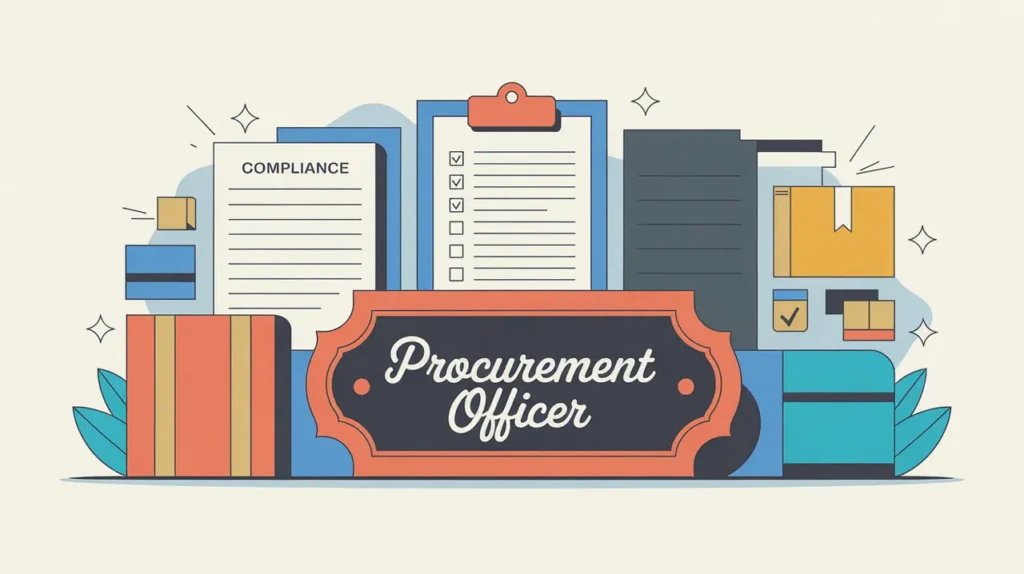What Does the Accountant Role Involve?
An accountant is responsible for ensuring the financial accuracy and integrity of an organization’s records and reports. They cover a wide range of functions, including budgeting, forecasting, transaction recording, reconciliations, payroll, financial reporting, financial auditing, and supporting financial decision making. This role sits within the Finance and Operations function, typically working as part of a core finance team that underpins both programmatic and administrative units. In both nonprofits and social enterprises, transparency, regulatory compliance, and sound financial management are essential to building trust with funders, investors, and regulators. Accountants play a central role in ensuring organizational credibility, regulatory alignment, and long-term financial sustainability.
At What Level does this Role Operate?
Mid Level: This role typically operates with moderate autonomy within a finance or operations team in mid to large nonprofits and social enterprises. Accountants usually report to a finance manager or director of finance and may supervise assistants or clerks responsible for routine transactions. They act as a bridge between daily financial operations and strategic financial oversight, ensuring data accuracy, compliance, and timely reporting.
Relative Employability: Mid-level accounting roles are highly employable across nonprofits, social enterprises, corporate entities, and public sector organizations. Their technical foundation and regulatory relevance make them consistently in demand, especially in compliance-focused environments.
Relative Pay Scale: Within nonprofits and social enterprises, mid-level finance roles typically sit in the upper-middle pay band relative to other functions. They generally command higher compensation than communications or program roles at the same level, while remaining below specialized technical or executive positions.
What are the Key Responsibilities and Activities?
- Record and reconcile financial transactions accurately and on time
- Prepare balance sheets, income statements, and cash flow reports
- Manage payroll and accounts payable or receivable functions
- Develop and maintain budgets and forecasts in collaboration with program and leadership teams
- Support internal and external financial audits through accurate documentation and timely responses
- Apply nonprofit and social enterprise accounting standards and ensure regulatory compliance
- Maintain internal controls and risk mitigation measures to safeguard financial integrity
- Provide clear financial information to leadership, boards, funders, and investors to inform decision making
What Core Competencies and Qualifications are Needed?
Required Qualifications and Experience
The following reflect common qualifications and experience expected for this role, while recognizing that pathways may vary by context, organization, and region.
- Relevant academic background in accounting, finance, or a related field, or equivalent professional experience
- Professional certification (for example CPA or equivalent) is often preferred but not always required
- Appropriate years of relevant experience for a mid-level accounting role
- Familiarity with nonprofit or social enterprise financial reporting standards and accounting software is advantageous
Key Competencies
- Strong reconciliation and reporting capabilities
- Proficiency in budgeting, forecasting, and auditing processes
- Knowledge of compliance requirements and internal controls
- Analytical thinking and attention to detail
- Ability to work both independently and collaboratively within a finance team
- Capacity to supervise or mentor junior staff where applicable
How are AI and Automation Shaping this Role?
An AI-native accountant will look to AI and automation to optimize workflows, improve the speed and accuracy of analysis, sharpen anomaly and benchmark detection, and streamline reporting processes. They can use automation to manage repetitive tasks such as transaction entry, reconciliations, and payroll, freeing up time for higher-value financial analysis and strategic decision support. They may rely on AI tools to flag irregular spending patterns, surface compliance risks earlier, and prepare draft reports and financial summaries that can be reviewed and finalized with professional judgment. Integrated financial systems, combined with audit trail automation, can help accountants strengthen organizational readiness for both internal and external reviews.
What Career Pathways and Transferable Skills are Associated with this Role?
Accounting skills are highly transferable across nonprofits, social enterprises, corporate entities, and public sector organizations. Within mission-driven organizations, accountants often advance to finance manager, audit lead, or director of finance roles. Their expertise in financial systems, compliance, and reporting also opens pathways into consulting, banking, and regulatory bodies.







